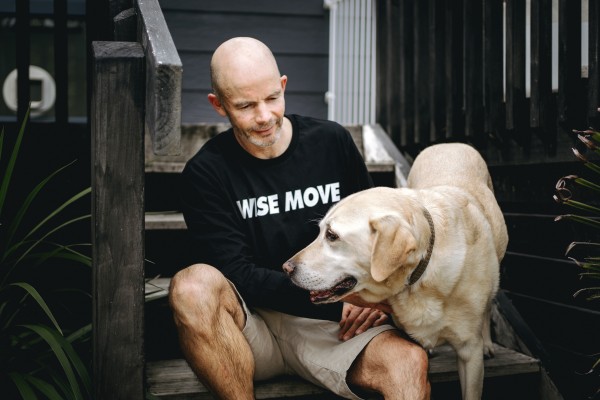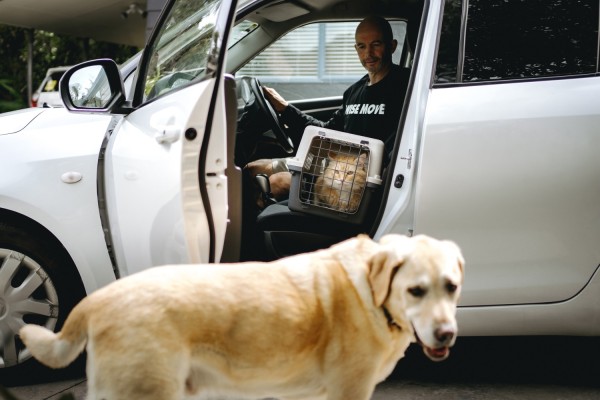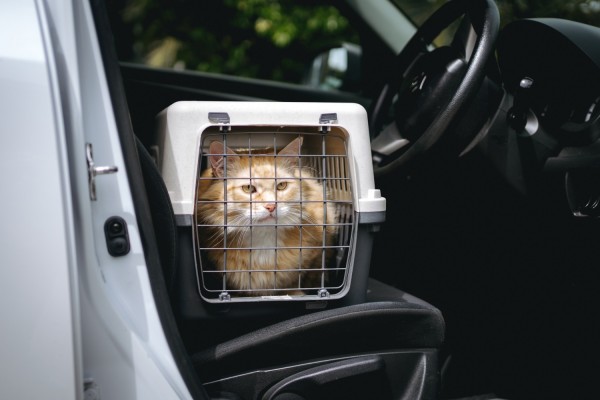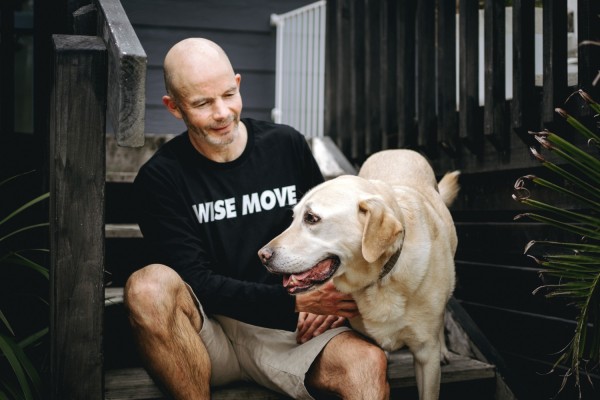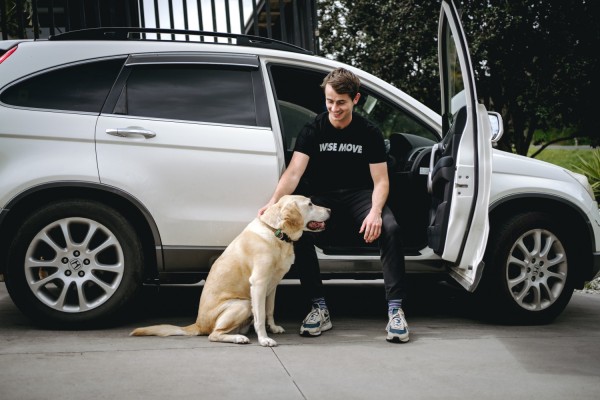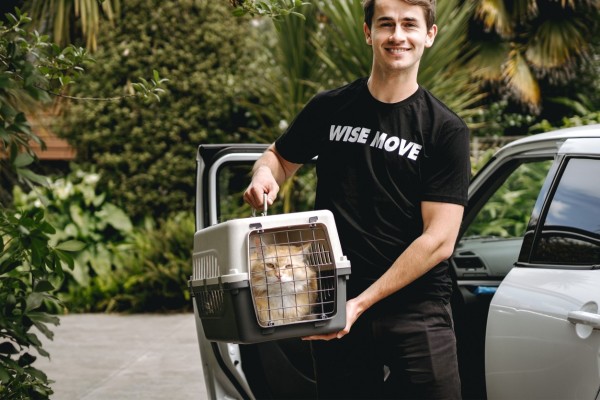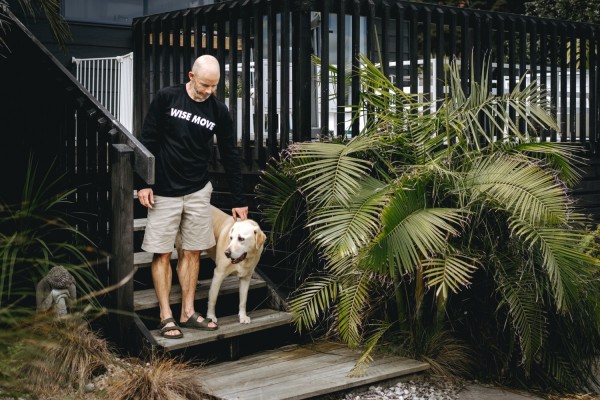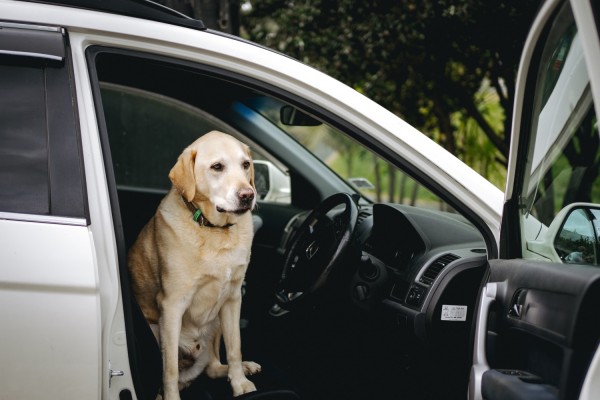How to register your dog in New Zealand
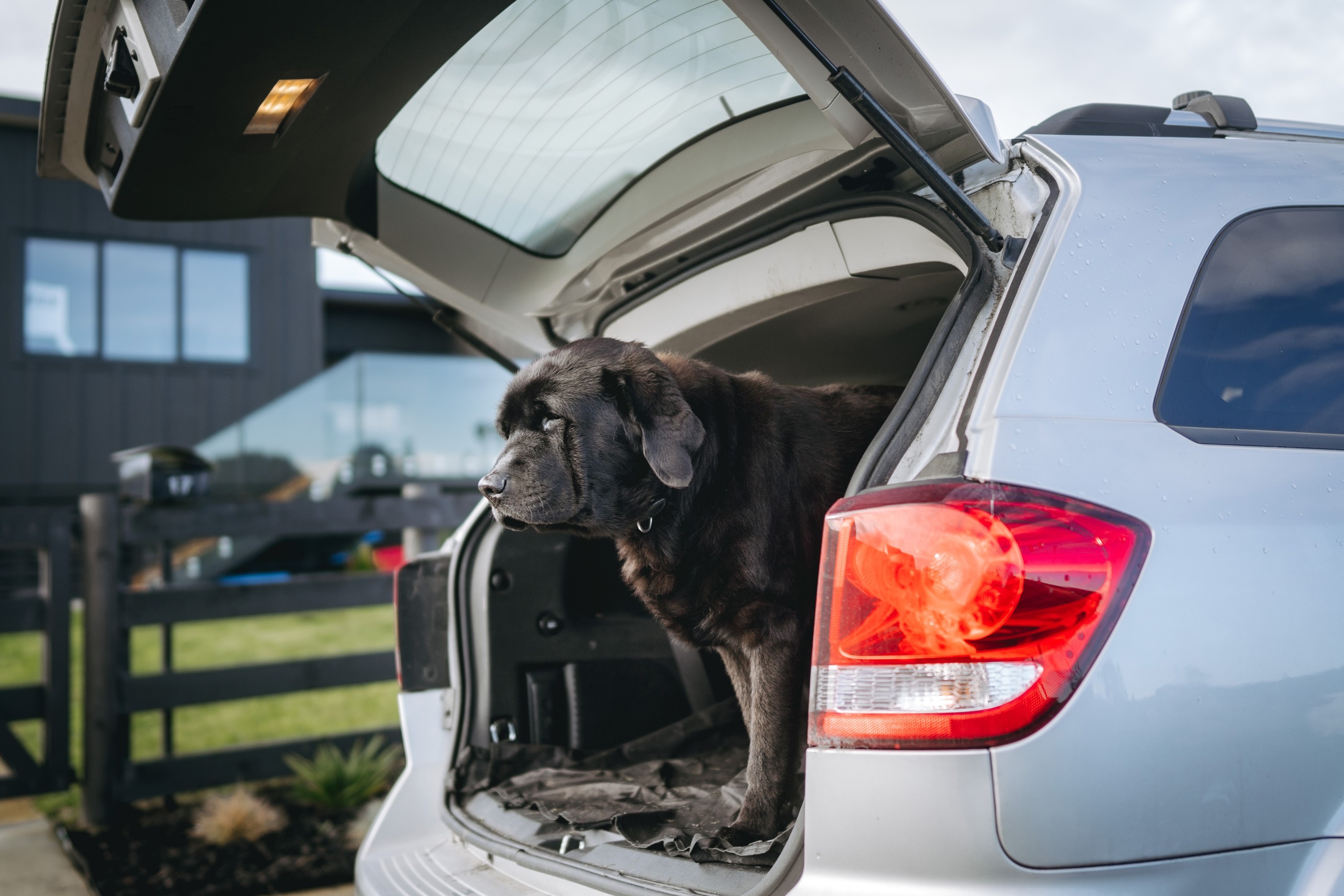
Moving to a new city comes with a lot of responsibilities. There are many things to remember, from booking a mover to forwarding your mail and closing your utility accounts. If you are a dog owner, you’ll need to add registering your pet to this list.
Registering your dog is part of being a responsible owner. New Zealand has specific rules around pet ownership, particularly regarding dogs. These rules are designed to protect your dog and the general public.
What are my responsibilities as a dog owner when I move city?
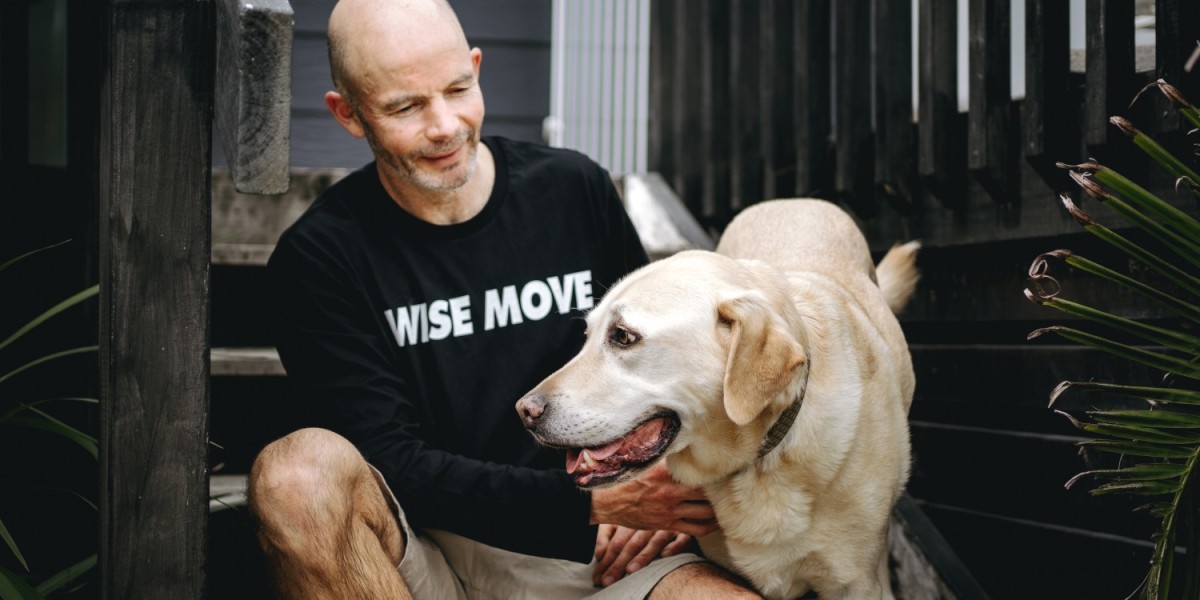 Moving homes with a dog, comes with a lot of responsibilities. As well as pet proofing your home, you'll need to register your dog with your local council. Do this as soon as possible after your move.
Moving homes with a dog, comes with a lot of responsibilities. As well as pet proofing your home, you'll need to register your dog with your local council. Do this as soon as possible after your move.
If you’re planning on getting a puppy after your move, you must register it with your local council by the time they are three months old. If you’ve adopted an adult dog that hasn’t been registered before, you’ll need to register them within 14 days of taking ownership.
Most councils will waive the new registration fee if your dog is registered with another council.
Why do I have to register my dog?
After registering your dog with your new council, you’ll receive a set of dog tags to attach to your pet's collar. If your dog runs away, the tags ensure that the dog and owner have a way of being reunited.
While it costs money to register your dog, the fees enable your local council to provide dog control services, operate the pound, and other dog-related operations. Information on each dog is provided to the National Dog Data Base (NDD). This database also keeps track of dogs that are deemed to be dangerous. Registering ensures that ratepayers have well-controlled dogs in their community.
Your dog's registration lasts for 12 months. Most councils require you to register your dog before 1 July each year.
How much does it cost to register my dog in New Zealand?
The cost of registering your dog will differ from council to council. Some councils give discounts for desexing your dog, responsible dog ownership, SuperGold card owners, or special category dogs.
The price of registration can differ from $38 for registering a puppy in a small town to $180 for registering an adult dog that is unsexed in a large city. Being a responsible dog owner can cut your registration fees in half. Some councils give discounts for taking your dog to an obedience class, paying your fees on time, and for dogs that have not been impounded.
Does my dog need to be microchipped?
Yes. Part of registering your dog is ensuring that they are first microchipped. Like registration, microchipping helps reunite lost dogs with their owners and keep track of dangerous dogs.
Many councils have introduced microchipping to prevent people from disguising a dog’s identity. If your dog is stolen, they are still identifiable even without its tags. Microchipping also prevents dog owners from re-registering a dangerous dog under a new identity.
Microchipping is mandatory for all dogs except working farm dogs. Microchipping only needs to happen once. A vet will insert a tiny microchip under the dog's skin and verify it has been done.
If your dog is impounded and it’s not microchipped or registered, it will be microchipped before it is released. If your dog is registered but not microchipped, it will be microchipped the second time it is impounded.
What paperwork do I need to register my dog?
Requirements for registering your dog will differ depending on where you live in New Zealand. The best way to find out what you need is to visit your local council's website. However, some councils will ask you to provide the following information if it applies:
- Desexing certificate
- Microchip number – if your dog has been microchipped
- Company name and GST number – if you have a working dog
- Adoption certificate
- Customs clearance certificate – if you have imported a dog
- Certification from an authorised organisation – if you have a disability assist dog
Desexing your dog isn’t mandatory, but it is recommended. Spaying or neutering your dog reduces it from roaming, reduces aggression in males, helps prevent disease and eliminates the chance of pregnant and unwanted puppies.Some councils offer discounts on registration fees for desexed dogs. To qualify, you must have proof from a veterinarian that your dog has been neutered.
Do I have to register my cat when I move?
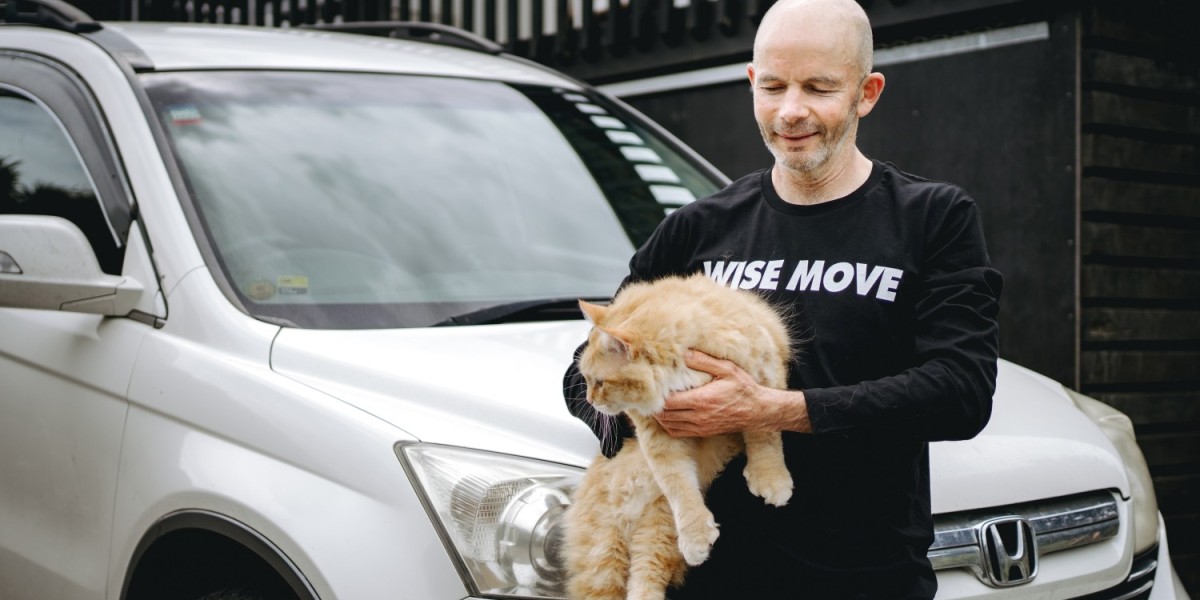
It depends on where you are moving. Many cities in New Zealand require cats to be microchipped, which involves registering your details with the New Zealand Companion Animals Register (NZCAR).
Whangārei
Cats six months or older must be desexed and microchipped.
Auckland
Microchipping your cat is not compulsory.
Hamilton
Microchipping your cat is not compulsory.
Tauranga
Microchipping your cat is not compulsory.
Ruapehu District
All cats over six months old must be microchipped and desexed.
Palmerston North
It is mandatory to microchip your cat and register the microchip with the NZCAR and desex cats older than six months.
Wellington
All cats over 12 weeks old must be microchipped and registered with NZCAR.
Nelson
Microchipping your cat is not compulsory.
Christchurch
Microchipping your cat is not compulsory.
Selwyn District
Cats over four months must be microchipped and registered with NZCAR.
Dunedin
Microchipping your cat is not compulsory.
Invercargill
Microchipping your cat is not compulsory.
Why microchip your cat?
Microchipping your cat has similar benefits as microchipping your dog. They are more reliable than cat collars, which can come off. They make it easy for vets or animal shelters to identify your animal if it runs away, gets lost, or is a nuisance. Microchipping also helps keep tabs on which cats are decimating local wild bird populations.
What else should I consider when moving with my pet?
If you are moving and require pet transportation, consider using Wise Move to transport your pet safely and securely. We can help you transport any pet from door to door on the same day, with impeccable service. Book your secure pet transport now.
What do our customers say?




For every (wise)move









